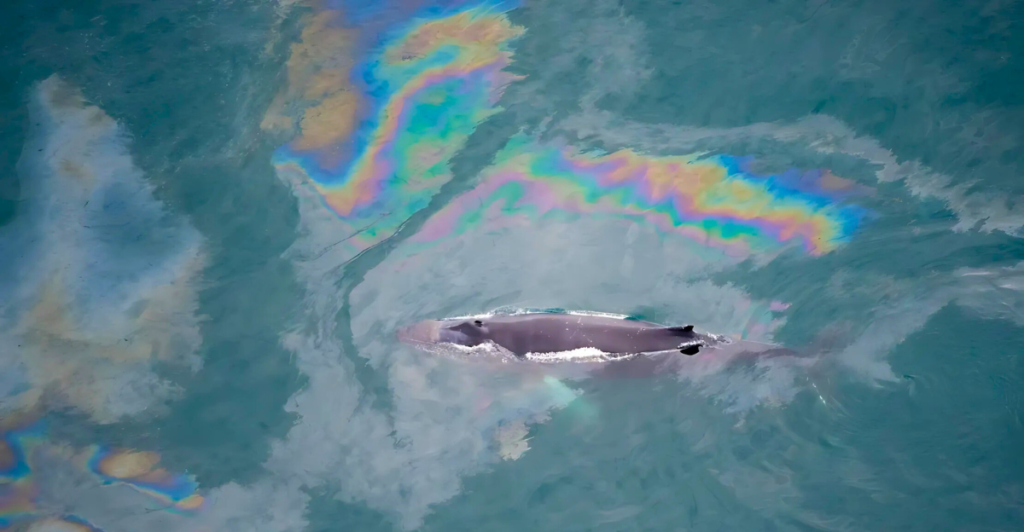
In 2025, corporate negligence and environmental misconduct reached unprecedented levels, devastating American wildlife. Despite stricter regulations and increasing public awareness, major corporations engaged in harmful practices that polluted ecosystems, destroyed habitats, and pushed species to the brink of extinction. From oil spills in the Gulf of Mexico to lithium mining in Nevada, these scandals have underscored the urgent need for stricter accountability and more responsible corporate behavior.
Worse Than We Thought

Let’s explore some of the most alarming eco-scandals of the year, detailing their causes, impact, and the long-term consequences for America’s wildlife. With experts warning of irreversible damage, these cases serve as a stark reminder of the dangers of unchecked corporate greed. If immediate action isn’t taken, many species and natural habitats may never recover.
The Gulf of Mexico Oil Disaster: A Never-Ending Crisis
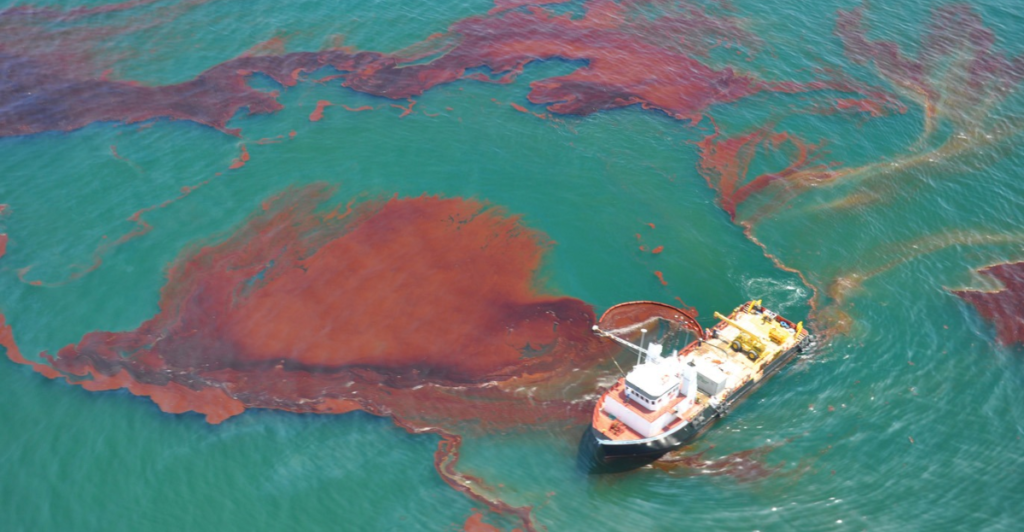
The Gulf of Mexico has long suffered from oil drilling, but 2025 saw one of the worst environmental disasters in years. A series of pipeline failures led to millions of gallons of crude oil spilling into the waters, suffocating marine life and contaminating coastal ecosystems. Dead fish, oil-soaked seabirds, and poisoned sea turtles washed ashore, while local fisheries collapsed due to toxic contamination. The spill also led to severe hypoxic zones—areas with depleted oxygen where marine life cannot survive. Coral reefs, already weakened by climate change, suffered additional bleaching and decay. Environmental groups have demanded stronger safety regulations, but oil companies continue to prioritize profits over ecological responsibility.
PFAS Contamination: The “Forever Chemicals” Threat
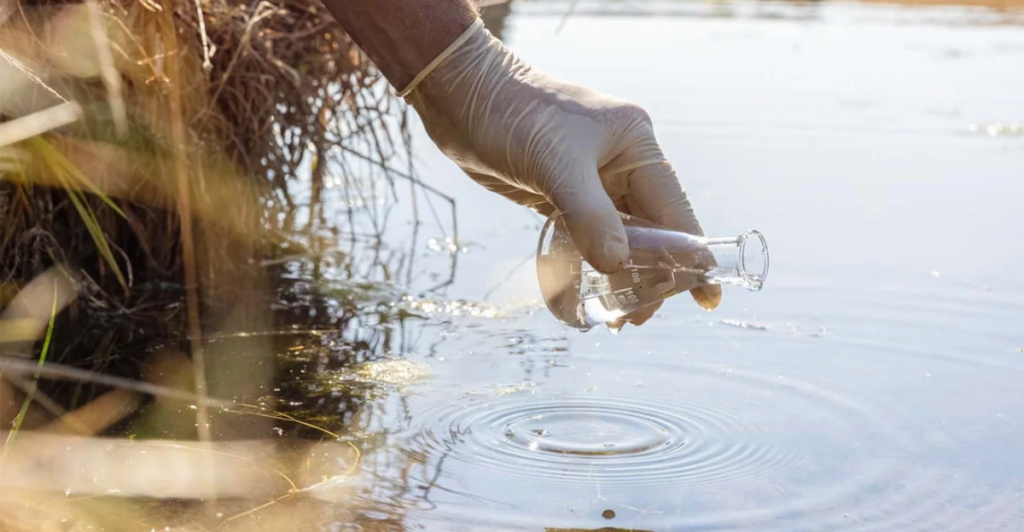
In Albuquerque, New Mexico, researchers discovered dangerously high levels of per- and polyfluoroalkyl substances (PFAS) in wildlife near Holloman Air Force Base. These “forever chemicals,” found in industrial waste and firefighting foam, have leached into groundwater, contaminating fish, birds, and small mammals. Scientists warn that PFAS exposure can cause cancer, immune disorders, and reproductive issues in both animals and humans. Migratory birds exposed to PFAS near the base could carry toxins to other ecosystems, spreading the contamination far beyond its origin. Despite mounting pressure, government agencies have been slow to enforce stricter cleanup efforts. This ongoing pollution threatens not only local wildlife but also broader biodiversity across the country.
Lithium Mining: A Renewable Energy Dilemma
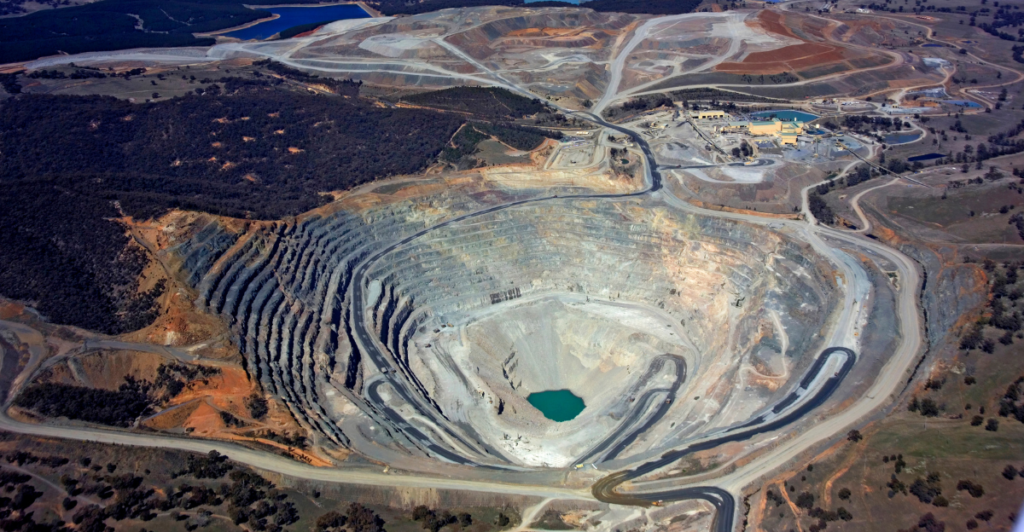
The rush for lithium, essential for electric vehicle batteries, has created a paradox—while supporting clean energy, its extraction is devastating fragile ecosystems. The Thacker Pass lithium mine in Nevada, one of the largest in the U.S., has triggered an environmental crisis. Groundwater levels in the area have dropped by five feet since 2018, endangering the Kings River pyrg snail, a rare species found in only a handful of springs. Environmentalists argue that lithium mining operations must be held to higher ecological standards. Despite protests from conservation groups and Native American activists, the mine is moving forward, raising fears of further habitat destruction. This case highlights the tension between sustainability goals and the unintended consequences of resource extraction.
Coal Plants and Toxic Air: The Silent Wildlife Killer
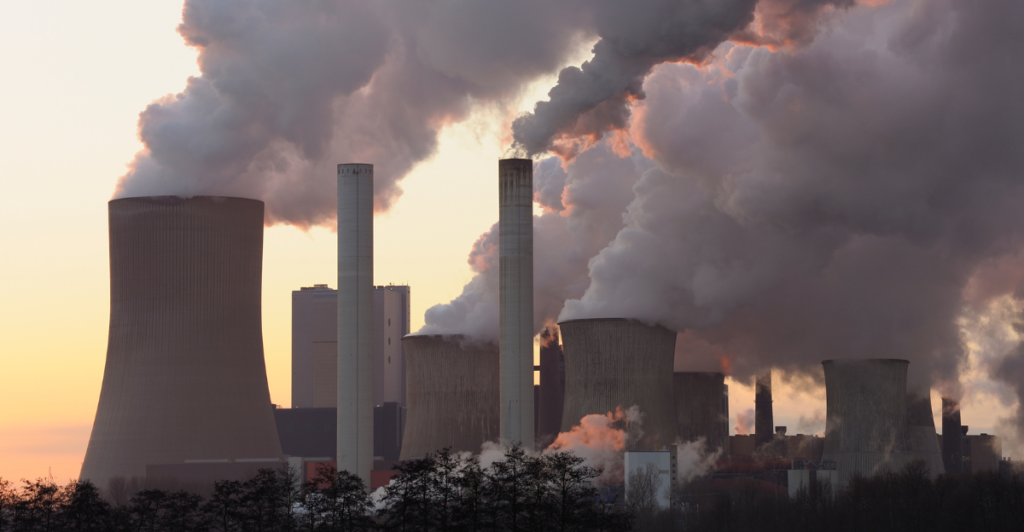
Berkshire Hathaway’s coal-fired power plants have been identified as some of the worst polluters in the U.S. In 2025, these plants released more nitrogen oxides than any other corporate coal fleet, severely degrading air quality and impacting local ecosystems. Polluted air leads to acid rain, which poisons lakes and forests, devastating fish populations and other wildlife. Animals exposed to high levels of pollution suffer from respiratory diseases, birth defects, and weakened immune systems. Despite renewable energy investments, Berkshire Hathaway has resisted shutting down its most toxic coal plants. This reluctance to transition away from fossil fuels continues to harm countless species dependent on clean air and water.
Greenwashing: The Illusion of Sustainability
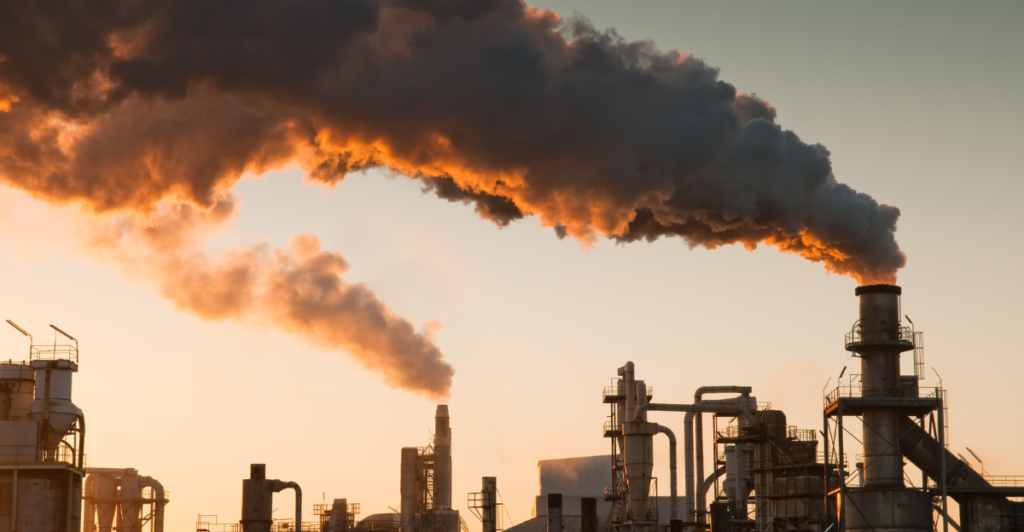
Many corporations have turned to greenwashing—misleading environmental claims to appear eco-friendly while continuing harmful practices. Companies like Shell and Enbridge secured billions in “sustainability-linked loans” without making significant environmental improvements. These loans allowed them to profit from an eco-conscious image while failing to reduce their actual pollution levels. False sustainability claims undermine genuine efforts to combat climate change and wildlife destruction. As corporations exploit loopholes in environmental regulations, activists are calling for stricter enforcement and harsher penalties. Without real accountability, greenwashing will continue to mislead consumers and investors.
Deregulation: Rolling Back Environmental Protections

Government policies in 2025 shifted in favor of deregulation, weakening oversight of industries responsible for major environmental damage. Loosened restrictions on land development led to increased deforestation, destroying vital habitats for endangered species. Protected wildlife corridors were opened for oil drilling and logging, further fragmenting ecosystems. These rollbacks disproportionately affect vulnerable communities and wildlife already struggling with climate change. Conservationists warn that without strong legal protections, many species will face extinction in the coming decades. The lack of enforcement on corporate polluters only exacerbates the crisis.
The Agricultural Pollution Crisis
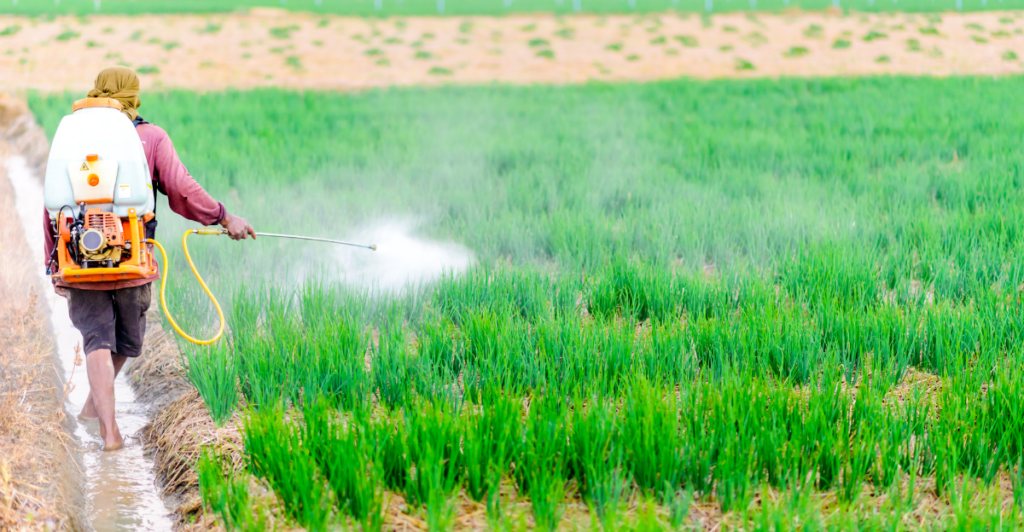
Industrial farming continues to be a major contributor to habitat destruction and water pollution. In the Midwest, unchecked use of pesticides and fertilizers has led to massive runoff into rivers, creating toxic algal blooms that kill fish and other aquatic life. The Mississippi River, which feeds into the Gulf of Mexico, has seen record pollution levels, expanding the dead zone that suffocates marine ecosystems.
It’s In Our Food
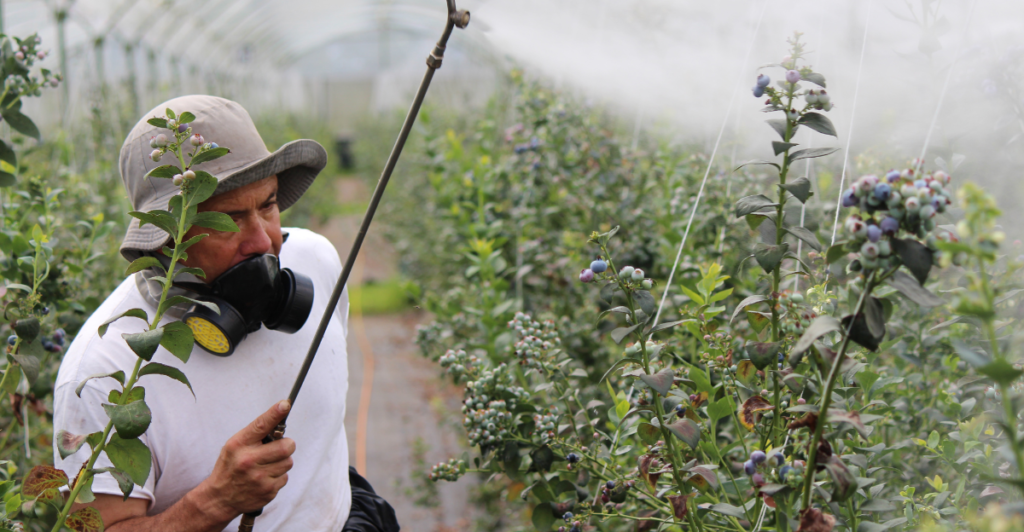
Wildlife dependent on freshwater habitats is struggling to survive as waterways become poisoned. Pollinators, such as bees and butterflies, are also declining due to pesticide overuse, threatening entire food chains. While sustainable agriculture solutions exist, corporate agribusiness remains resistant to change.
Corporate Backsliding on Climate Commitments

Despite promises to reduce emissions and protect ecosystems, many corporations have quietly abandoned or delayed their sustainability targets. BP, once a leader in green energy, scaled back its net-zero commitments, while Microsoft’s emissions skyrocketed due to the rise of AI-driven energy consumption. This corporate backsliding has slowed global efforts to combat climate change and protect wildlife.
Nobody Wants To Take Accountability
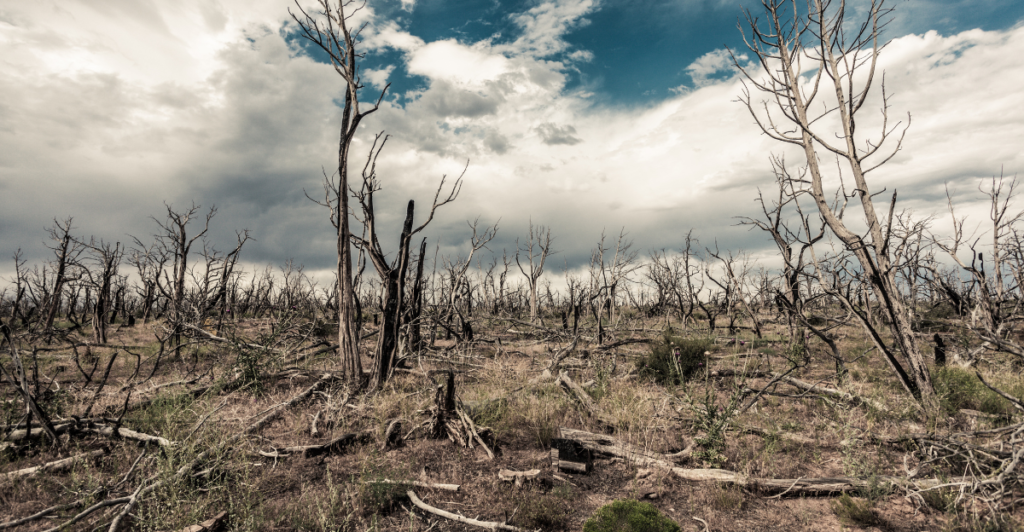
The failure of companies to follow through on their commitments has deepened public distrust. Environmentalists argue that voluntary pledges are ineffective without legally binding measures. Stronger regulations are needed to prevent corporations from prioritizing short-term profits over long-term sustainability.
The Future of Wildlife: What Comes Next?
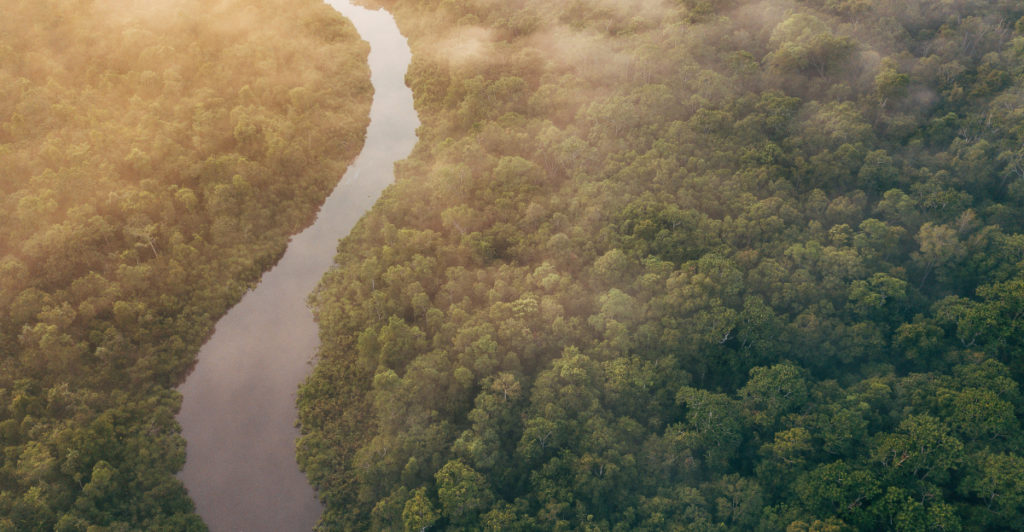
With American wildlife facing mounting threats, experts warn that urgent action is needed to prevent irreversible damage. Stronger environmental regulations, corporate accountability measures, and increased conservation efforts must be prioritized. Without intervention, many species—already on the brink—will disappear entirely. Public pressure and activism have played a crucial role in holding corporations accountable. However, without government intervention and stronger penalties for environmental violations, corporate eco-scandals will continue unchecked. The fight to protect American wildlife is far from over, but only time will tell if real change will come before it’s too late.
Discover more of our trending stories and follow us to keep them appearing in your feed

California Is Breaking Apart: A Fault Line Is Forming Faster Than Anyone Predicted
Philanthropist Promises To Cover $771.23M Annually After US Exit From Climate Accords
The War on Cows Is Over—And Green Extremists Have Lost
Lake Shasta’s Remarkable Comeback From Drought Captured in Stunning Images
References:
Reference 1
Reference 2
This article first appeared here
Stay connected with us for more stories like this! Follow us to get the latest updates or hit the Follow button at the top of this article, and let us know what you think by leaving your feedback below. We’d love to hear from you!







